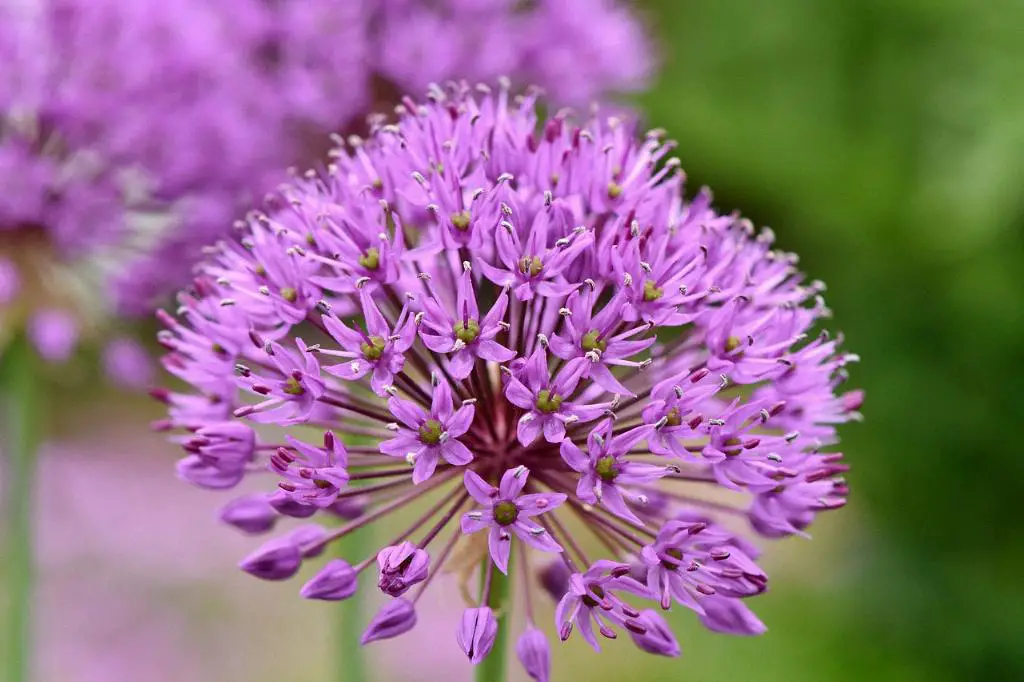When it comes to growing alliums, many gardeners wonder – do these unique ornamental plants require full sun to thrive? The answer lies in understanding the specific sunlight needs of alliums and the implications of different light conditions on their growth.
Importance of Sunlight for Plants
Sunlight plays a crucial role in the life cycle of plants. Through the process of photosynthesis, plants convert sunlight into energy, enabling them to grow, bloom, and reproduce. Different plant species have varying sunlight requirements, with some needing full sun exposure to flourish.
Understanding Sunlight Requirements of Alliums
Alliums are no exception when it comes to sunlight needs. These bulbous perennials, known for their striking spherical blooms, thrive in full sun conditions. Full sun refers to an area that receives at least 6 hours of direct sunlight per day. While alliums prefer full sun, they can also tolerate partial shade, making them versatile additions to various garden settings.
Benefits of Full Sun for Alliums
Planting alliums in full sun offers a myriad of benefits. Adequate sunlight exposure promotes robust growth, enhances flower production, and intensifies the vibrant colors of allium blooms. Full sun also helps prevent issues such as stem elongation and floppy growth, ensuring that alliums maintain their desired shape and form.
Drawbacks of Planting Alliums in Full Sun
While full sun is ideal for alliums, there are potential drawbacks to consider. In regions with scorching temperatures, excessive sunlight exposure can lead to heat stress and sunburn on plant tissues. Additionally, alliums grown in full sun may require more frequent watering to prevent dryness and maintain adequate moisture levels in the soil.
Strategies for Growing Alliums in Less Sunny Areas
If your garden lacks full sun exposure, fear not – there are strategies you can employ to successfully grow alliums in less sunny areas. Consider planting alliums in locations that receive morning sun and afternoon shade to strike a balance between sunlight and shade. You can also opt for light-colored mulch to reflect sunlight and brighten shaded areas where alliums are planted.
Ultimately, the key to cultivating healthy alliums lies in understanding their sunlight requirements and adapting your garden practices to meet their needs. By providing adequate sunlight, whether in full sun or partial shade, you can enjoy the beauty and elegance of allium blooms in your outdoor space.

